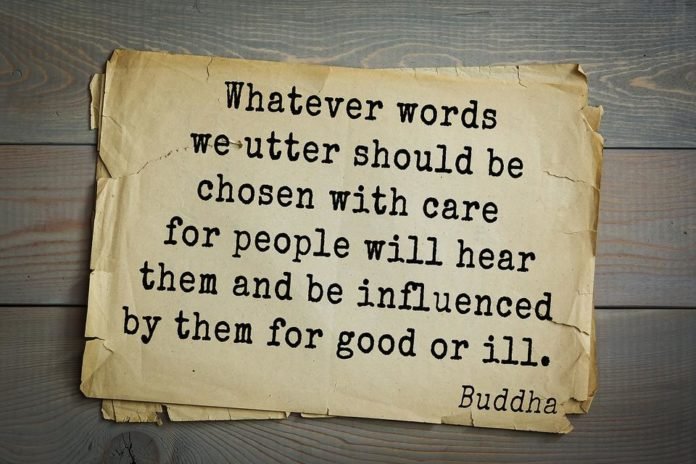
How to develop your Emotional Dysregulation to and help your ADHD?
Do you generally know how someone else feels about each other when you’re in a group? Do you comprehend why you’re upset? Do you find feel uncomfortable in stressful situations?
Emotional dysregulation is a common symptom of attention deficit hyperactivity disorder (ADHD), which means that people who suffer from ADHD often struggle to regulate their emotions. This can lead to problems such as anxiety, depression, anger, impulsivity, and poor self-control.
Emotional dysregulation is a common symptom of attention deficit hyperactivity disorder (ADHD), which affects about 5% of children and adolescents. It refers to the inability to regulate emotions, such as being easily overwhelmed by negative feelings like anger or sadness, or having difficulty controlling impulsive behaviors.
Emotional dysregulation is one of the core symptoms of attention deficit hyperactivity disorder (ADHD), which affects about 5% of children and adolescents. It means being unable to regulate emotions, such as having difficulty controlling anger, sadness, fear, anxiety, worry, guilt, shame, embarrassment, frustration, disappointment, jealousy, envy, loneliness, boredom, and so forth.
Our answers to these and other queries can help to determine our Emotional Intelligence or EQ.
Understanding and managing our emotions, as well as recognizing and reacting accordingly to the emotional responses of others, is an important skill that affects our ability to function in life, sustain connections, and have successful interactions.
Ways to develop your Emotional Intelligence:
Observing Emotions:
We must be able to precisely recognise emotions, seek hints in facial expressions and body language, and listen for verbal commands to fully understand them. To assist your children:
Lookout books or games that show various facial expressions. “What attitude does this image depict?” you might ask. “How do you think this person feels?” or “How do you believe this person feels?”
Draw more attention to emotions in colleagues, relatives, yourself, and your kid. Take full advantage of the teaching moment. “I could tell Jessica was sad today.” “Did you happen to notice how she sat quietly all afternoon, playing by herself?”
Explain how you’re thinking. When your children notice your emotions, especially sadness, resist your desire to respond, “I’m fine.” Instead, say something such as, “Yes, I’m unhappy.” Thanks for taking the time to realize.” “But everything would be alright,” you might say if they seem worried. Sadness is a natural aspect of existence.”
Understanding Emotions:
What is the true source of a person’s feelings? That is a difficult question to answer. While you’re waiting in the queue or dining at a cafe, make up a story about strangers — just make sure you’re out of hearing! Discuss their fictitious situation and how you believe they are feeling. “They’re on their vacation, and she’s angry since she just found out he falls asleep,” for example.
Help your kids examine alternative viewpoints when they take other people reacting personally. “
Emotional Intelligence in ADHD:
Regardless of these difficulties, both with and without ADHD can enhance their emotional intelligence. Here’s everything you need to know about it.
Focus heavily on prevention:
Preventative methods aid in this by building resilience to powerful emotions. Preventing an emotion from becoming overwhelming is the best approach to moderate a strong emotion. The areas listed below will aid in the prevention of strong emotional responses:
Take care of physical ailments:
We are more sensitive to heightened emotional instability as a result of common ailments (e.g., colds, flu). Therapy for these conditions must be handled right. If you’re not feeling well, take your medicine and vitamin supplement as directed, and schedule an appointment with the doctor.
Eat a healthy diet:
Your body’s power to control itself will increase if you eat regularly and with an emphasis on nutrition. Eating every several hours will help you keep stable blood glucose and power level. You should focus on eating a very well dinner with a range of foods.
Make a self-assessment:
Take our emotional intelligence testing to determine out more. What are some of your flaws? Are you willing to acknowledge that you’re not flawless and that there are some areas where you could grow to become a good human? Have the courage to take a hard look at yourself – it could save your life.
Examine your coping skills in stressful situations:
Do you get irritated every moment there’s a wait maybe something doesn’t go as scheduled? Do you ever criticize or become angry at others, even if it isn’t their fault? The ability to remain cool and in control of tense events is highly regarded both in and outside of the workplace. When things go awry, keep your emotions under control.
Take control of your mind:
Current neuroscience experts suggest new ways for people with ADHD to seize command of their highly adventurous brains and also be far more productive daily. Less anxiety and more energy can result in a happy, more successful you in the short term. Long-term effects can include a significant boost in self-esteem. You might think about taking these steps:
- Determine the cause of tension that is impacting your feelings and ability to function
- Identify which category that stressor belongs to
- Take part in a straining activity that you enjoy
- Develop techniques to restore the energy that has been lost by the unpleasant activity
ADHD sufferers have a neurodiverse brain. They are prone to experiencing emotions with a great level of arousal. You can manage the stress that affects various aspects of life by learning how your brain works and devising an innovative plan. “Why” can be changed.
References and Citations:



